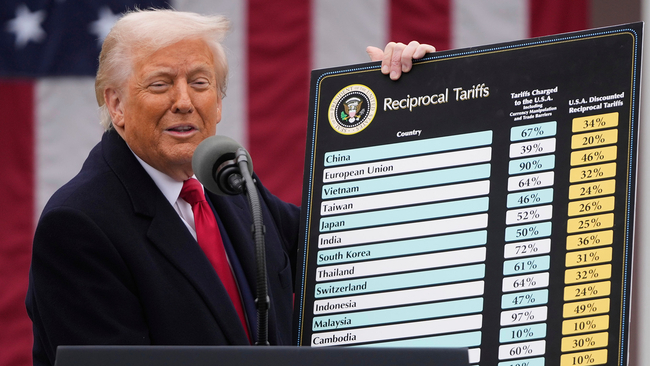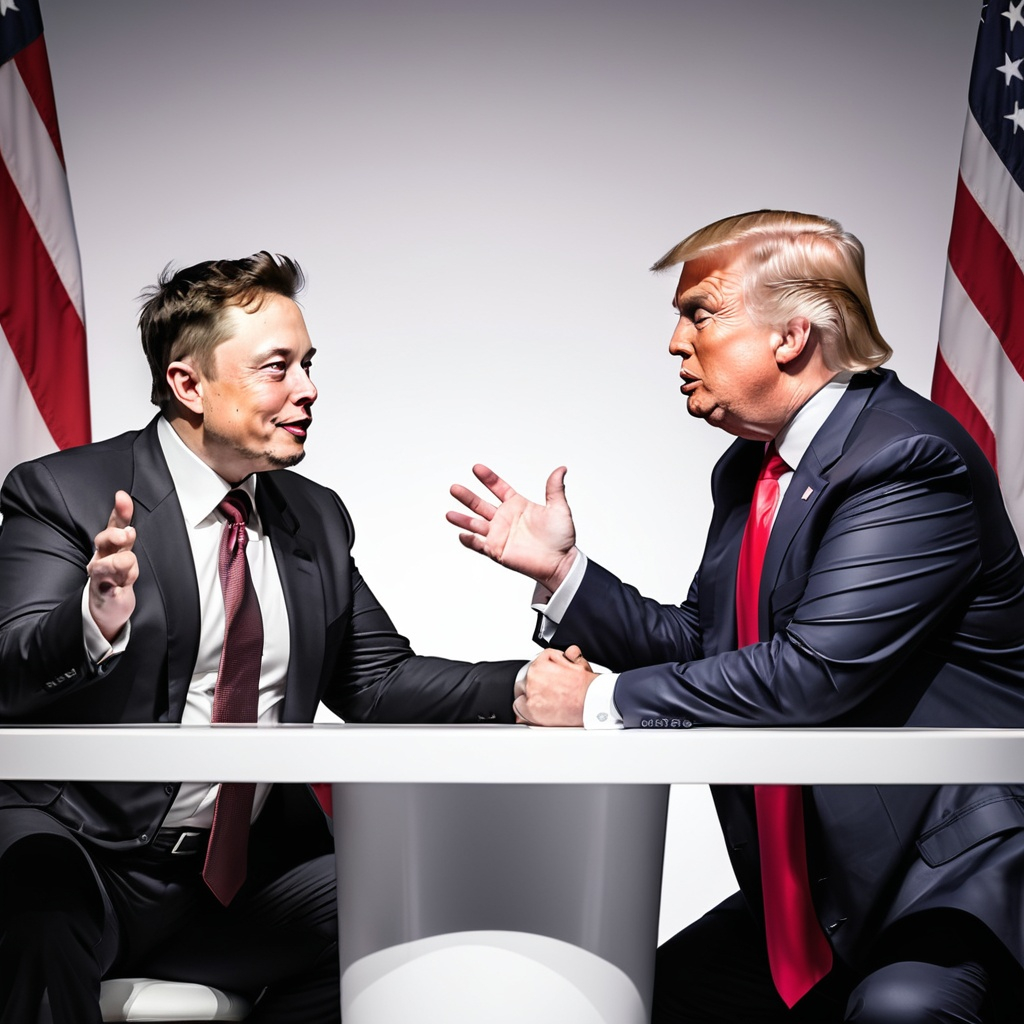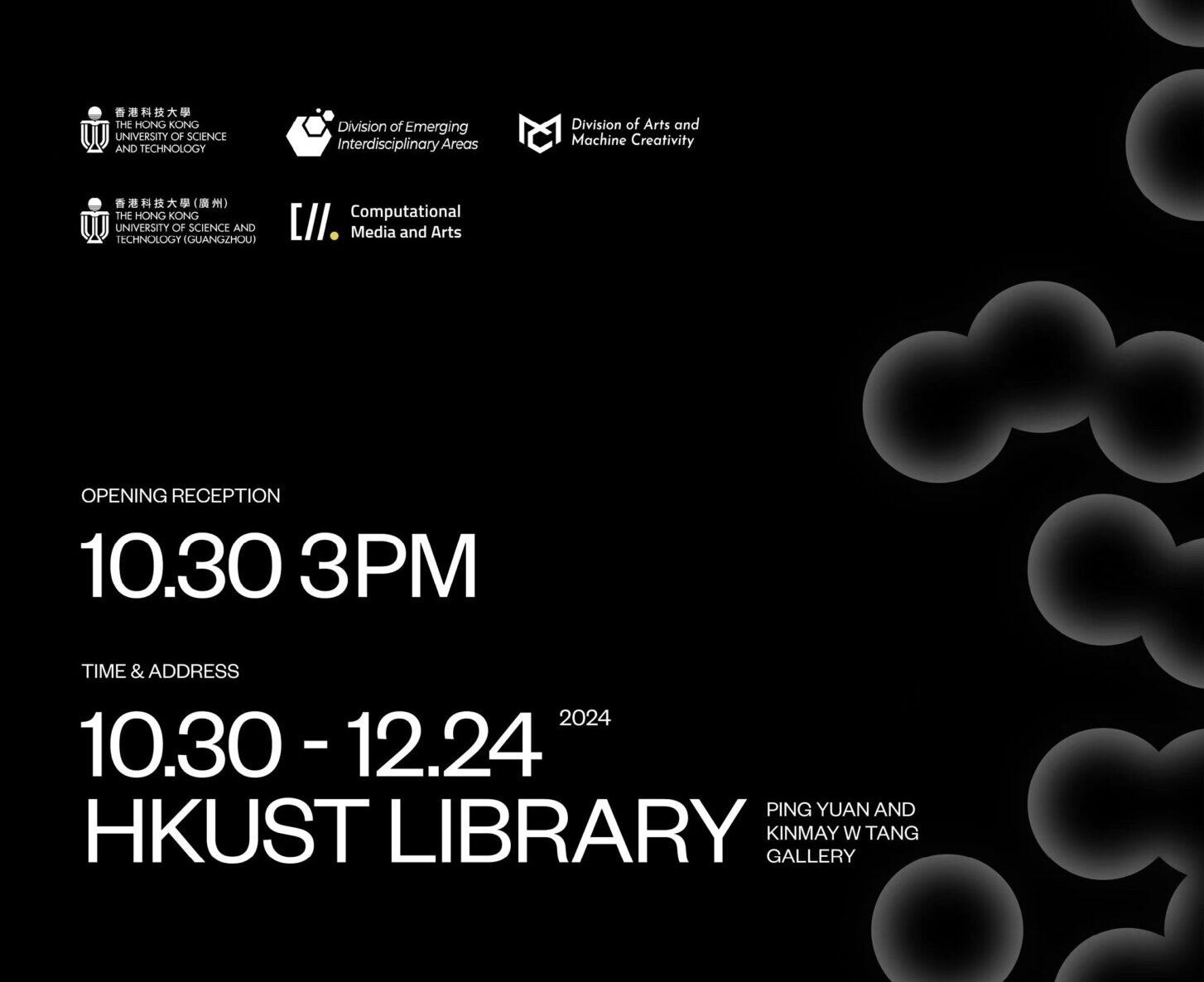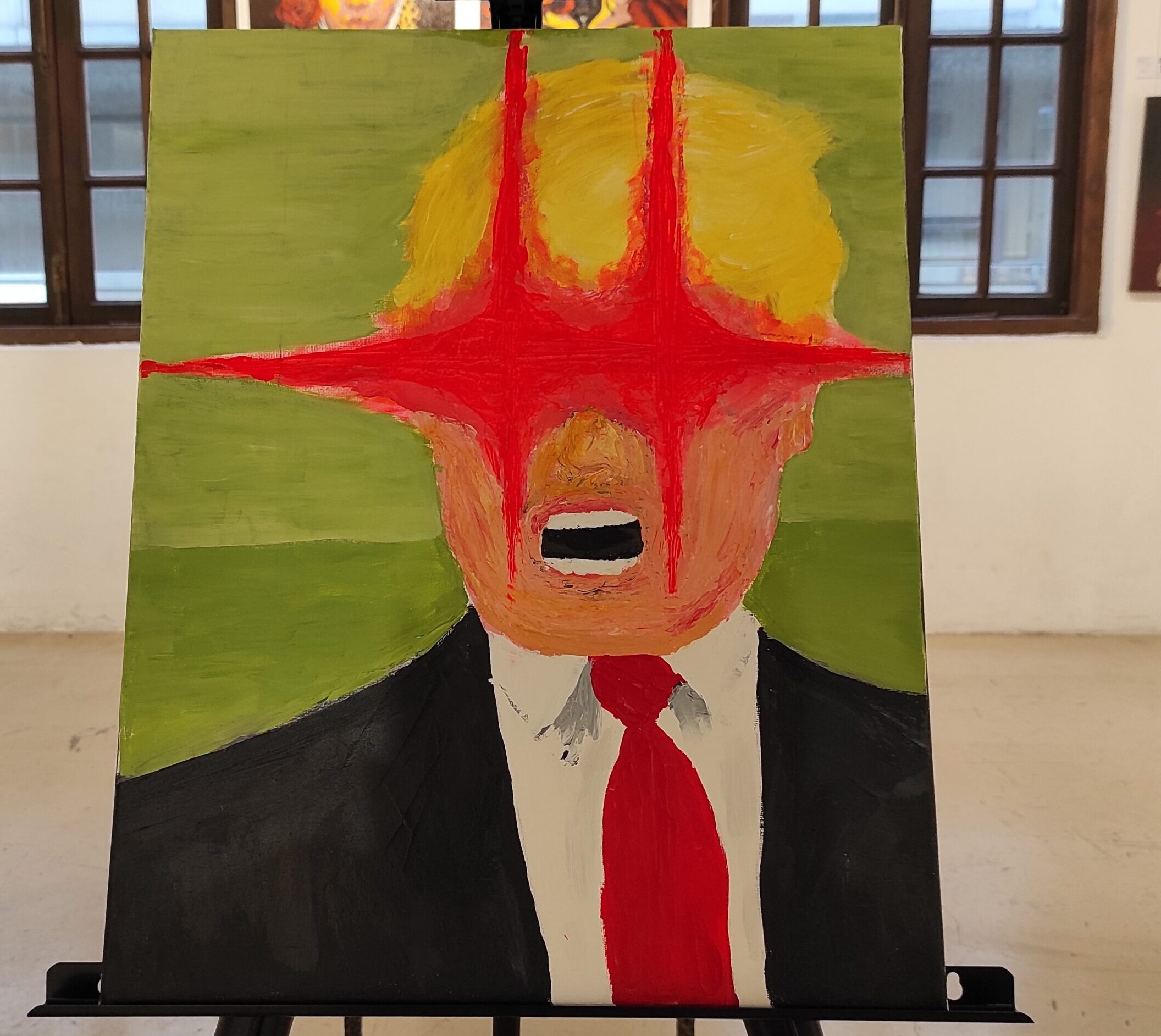April’s Dumb Day (Apr 2): Trump’s Reciprocal Tariff and the Toxic Leadership of Ego Over Reason
April 2nd may go down in history as a day overshadowed by a decision so baffling it made April Fool’s jokes seem prophetic. President Donald Trump, a leader infamous for conflating bravado with strategy, unveiled what he dubbed a “reciprocal tariff” scheme targeting 180 countries—including uninhabited islands and territories lacking sovereignty. This move, a masterclass in poor situational awareness, underscores how toxic leadership traits like narcissism, impulsivity, and a blatant disregard for reality can destabilize global relations. Let’s unpack why this decision reflects not just poor judgment, but the dangers of leaders who prioritize ego over expertise.
The Perils of Poor Situational Awareness
Situational awareness—the ability to perceive, comprehend, and project consequences in complex environments—is a cornerstone of effective leadership. Leaders with high situational awareness anticipate risks, understand stakeholders, and adapt strategies to avoid collateral damage. Trump’s “reciprocal tariff” proposal, however, reveals the opposite. By targeting entities like uninhabited islands (which have no economies to tax), the policy is nonsensical on its face. It reflects a failure to grasp basic geopolitical and economic realities, akin to “declaring war on Antarctica because it’s not buying enough snowplows.”
This isn’t just a policy misfire; it’s a symptom of toxic leadership. Research defines toxic leaders as those who prioritize self-interest, lack empathy, and create environments of fear or chaos (Krasikova et al., 2013). Trump’s approach—combining a chipmunk’s grasp of complexity with a lion-sized ego—epitomizes this.
Toxic Leadership Traits on Full Display
1. Narcissism: The Ego That Overshadows Reason
Trump’s insistence on “winning” through aggressive tariffs—regardless of feasibility—highlights his narcissistic leadership style. Narcissistic leaders often dismiss expert advice, believing their intuition surpasses data or experience (Amernic & Craig, 2020). By including non-sovereign territories, Trump’s policy appears designed not for economic gain but to signal “toughness,” a hallmark of leaders who conflate theatrics with competence.
As psychologist Jean Lipman-Blumen notes, toxic leaders “consume their followers’ emotional energy” while offering little substance (Lipman-Blumen, 2005). The tariff scheme, devoid of logical grounding, serves only to feed Trump’s self-image as a “deal-maker,” even as it alienates allies and destabilizes trade norms.
2. Impulsive Decision-Making
The timing of the announcement—a day after April Fool’s—feels almost satirical. Yet impulsive policy-making is a recurring theme in Trump’s playbook. His abrupt 2018 tariffs on China, enacted without consulting economic advisors, triggered retaliatory measures that hurt U.S. farmers and manufacturers (Swanson, 2019). Similarly, the “reciprocal tariff” gambit ignores the interconnectedness of global supply chains, risking inflation and diplomatic friction.
Impulsivity is a toxic trait that undermines organizational stability. The Chartered Institute of Personnel and Development (CIPD) warns that leaders who act on whims erode trust and create “a culture of reactive firefighting” (CIPD, 2021).
3. Lack of Empathy and Collateral Damage
Tariffs are rarely victimless. Trump’s 2018 trade war cost U.S. households an estimated $1,400 annually in added expenses (Bown, 2021). Expanding tariffs indiscriminately—even to places with no capacity to “reciprocate”—suggests a callous indifference to the economic fallout for ordinary citizens. Toxic leaders often dismiss such consequences, viewing people as pawns in their quest for validation (Padilla et al., 2007).
The Antidote: Situational Awareness in Leadership
Competent leaders balance confidence with curiosity. They consult experts, weigh long-term implications, and adjust tactics based on feedback. Consider Angela Merkel’s handling of the 2015 refugee crisis: despite backlash, her situational awareness—grounded in data and humanitarian principles—prevented a policy vacuum (HBR, 2020).
Situational awareness also demands humility. As former U.S. Secretary of Defense James Mattis wrote, “Engage your brain before you engage your weapon” (Mattis, 2019). Leaders must recognize their blind spots, not double down on them.
April’s Dumb Day and the Cost of Toxic Leadership
Trump’s “reciprocal tariff” debacle is more than a policy blunder—it’s a case study in how toxic leadership traits corrode decision-making. When ego overrides expertise, leaders create crises instead of solving them. April 2nd reminds us that the antidote to such recklessness isn’t just better policies, but better leaders: those who prioritize situational awareness over self-aggrandizement.
As we navigate an increasingly complex world, let’s demand leaders with the wisdom to know that uninhabited islands don’t need tariffs—and the humility to admit when they’ve made a mistake. Otherwise, every day risks becoming April’s Dumb Day.
References
Mattis, J. (2019). Call Sign Chaos: Learning to Lead. Random House.
Krasikova, D. V., Green, S. G., & LeBreton, J. M. (2013). Destructive Leadership. APA. https://doi.org/10.1037/a0132339
Amernic, J., & Craig, R. (2020). Narcissism in the Discourse of Corporate Leaders. Harvard Business Review. https://hbr.org/2020/01/the-narcissist-in-chief
Lipman-Blumen, J. (2005). The Allure of Toxic Leaders. Oxford University Press.
Swanson, A. (2019). Trump’s Trade War Cost U.S. Investors $1.7 Trillion. The New York Times. https://www.nytimes.com/2019/12/15/business/trump-trade-war-costs.html
CIPD. (2021). Toxic Leadership and How to Combat It. https://www.cipd.co.uk/knowledge/culture/ethics/toxic-leadership
Bown, C. P. (2021). US-China Trade War Tariffs: An Up-to-Date Chart. Peterson Institute for International Economics. https://www.piie.com/research/piie-charts/us-china-trade-war-tariffs
Padilla, A., et al. (2007). The Toxic Triangle: Destructive Leaders, Susceptible Followers, and Conducive Environments. The Leadership Quarterly.









